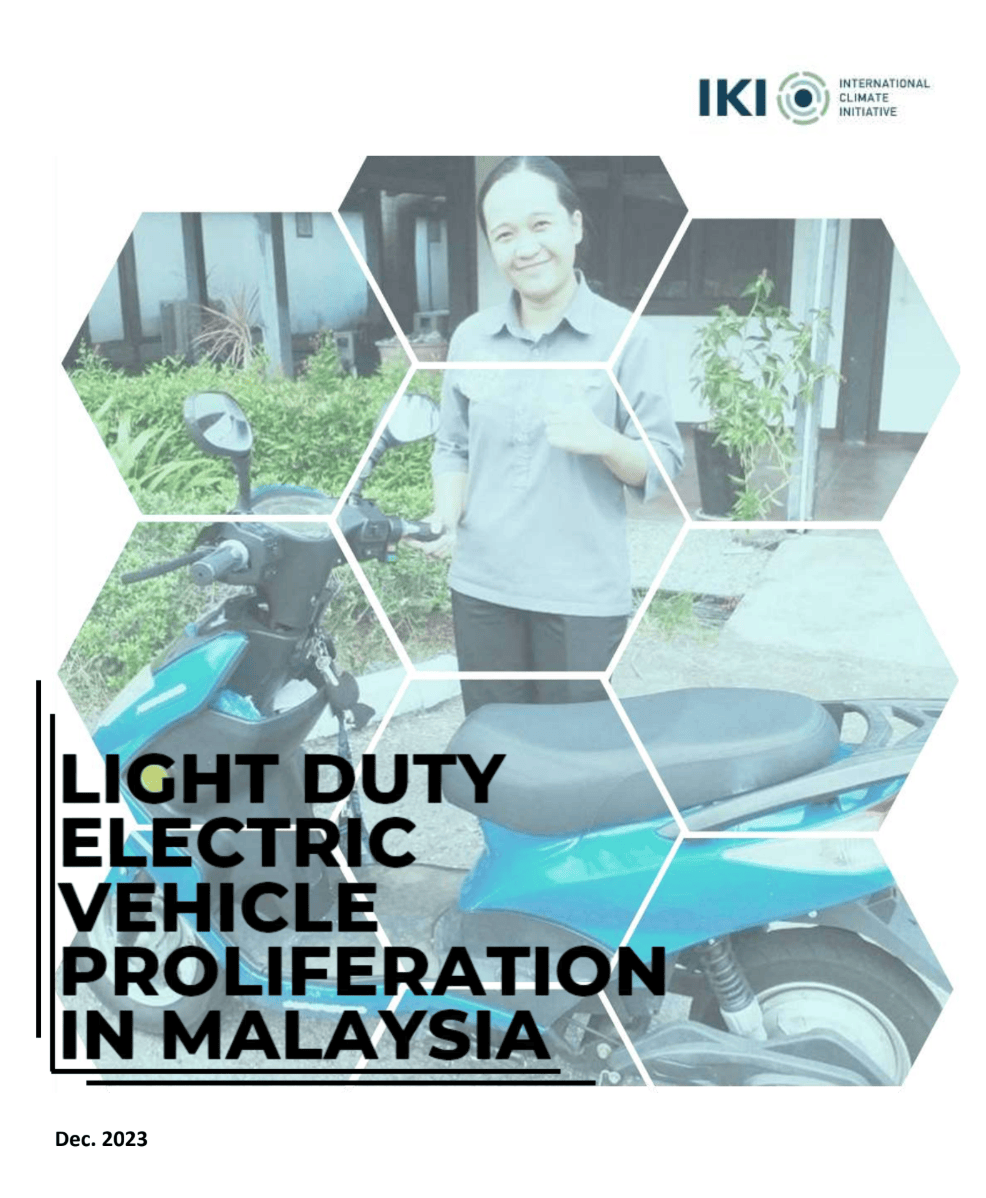

Akademi Hijau
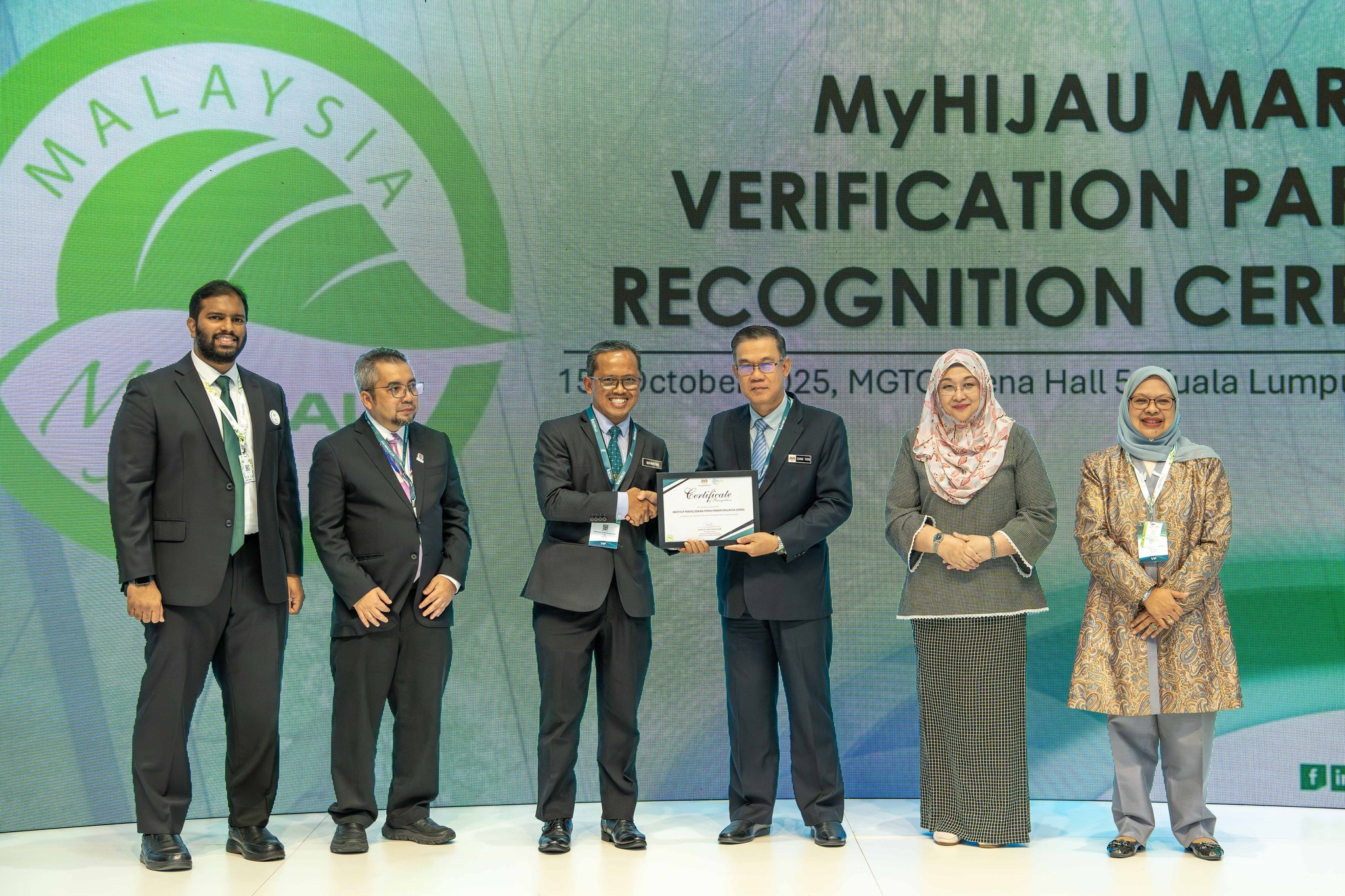
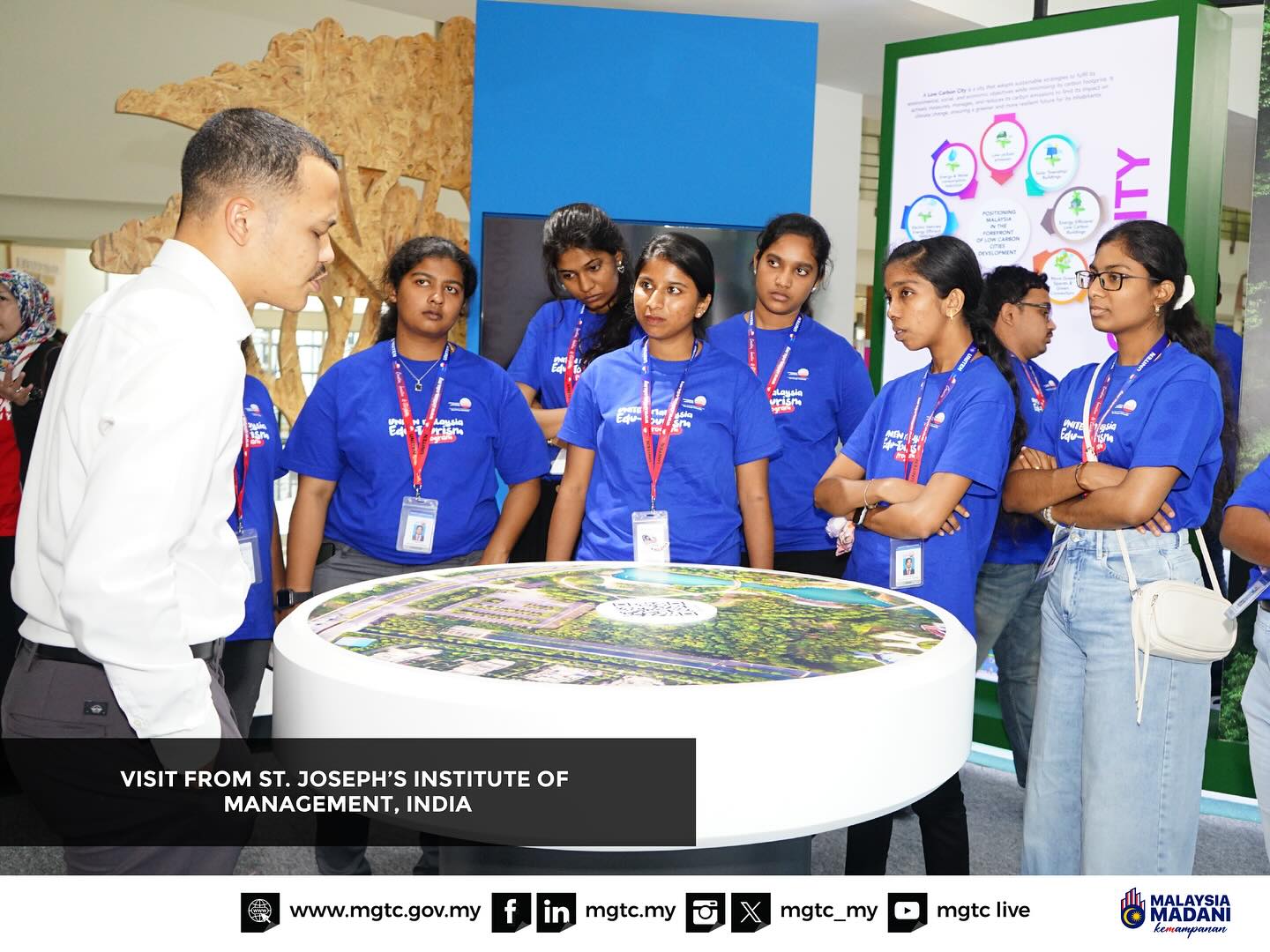
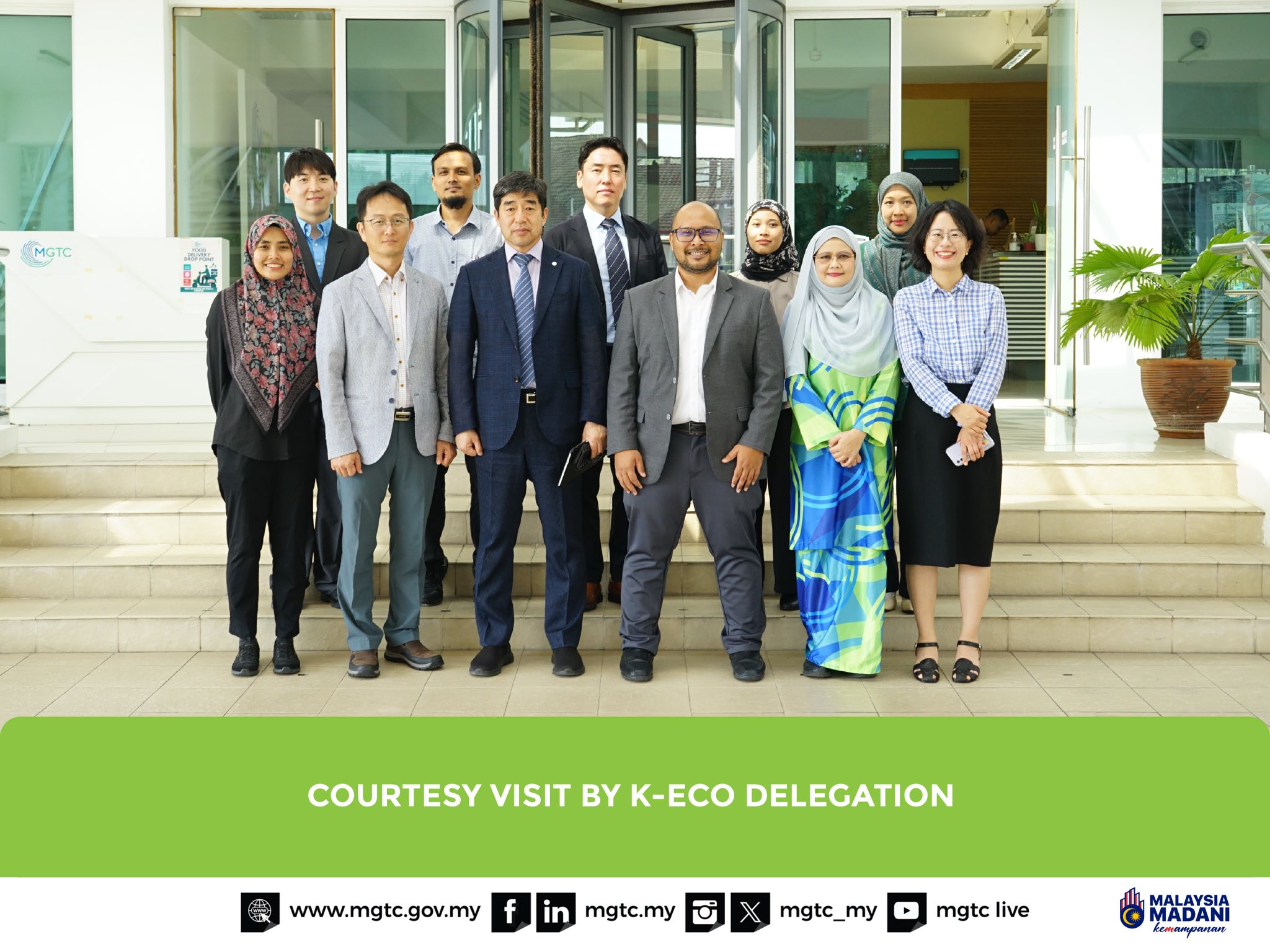
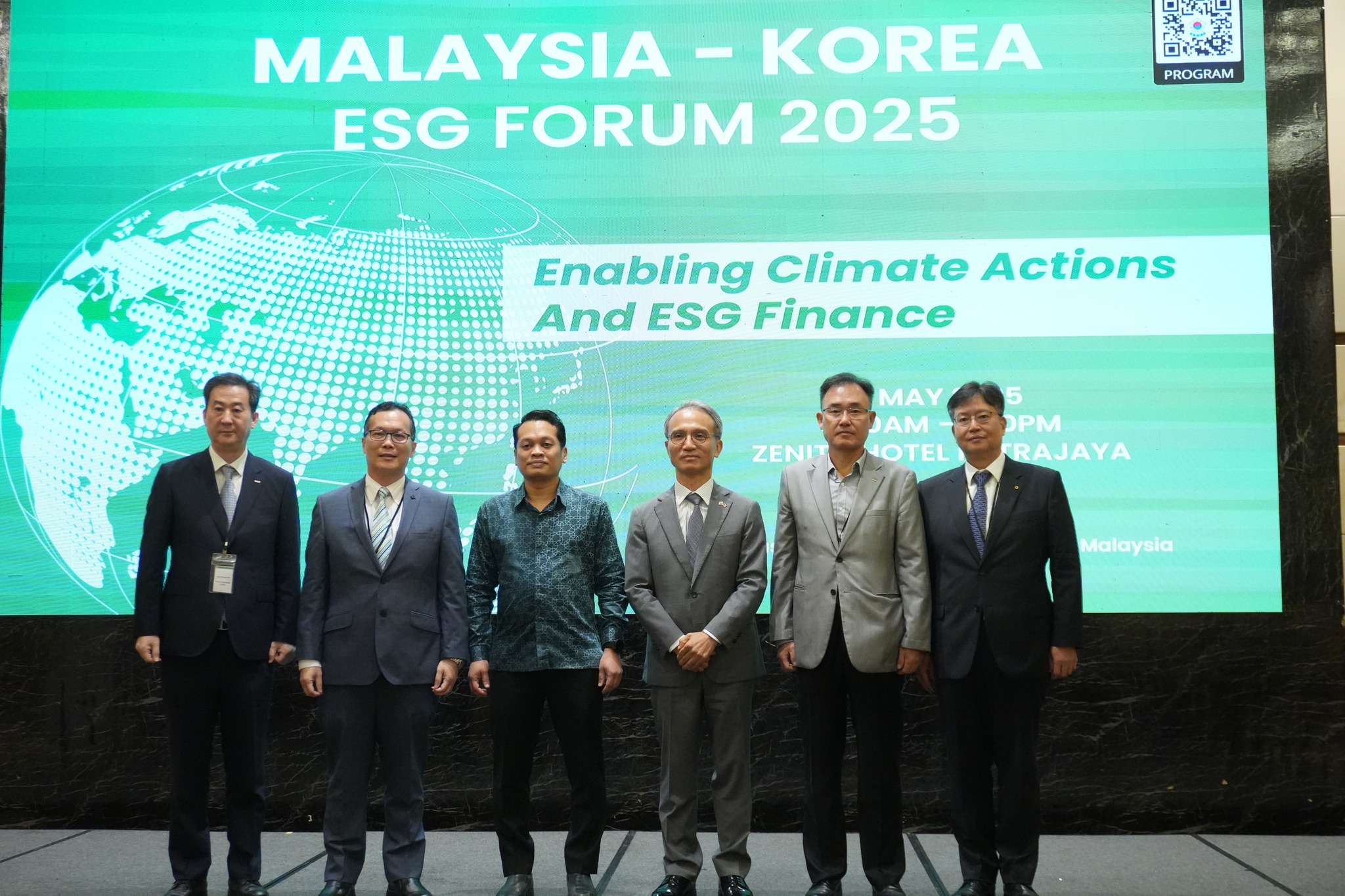
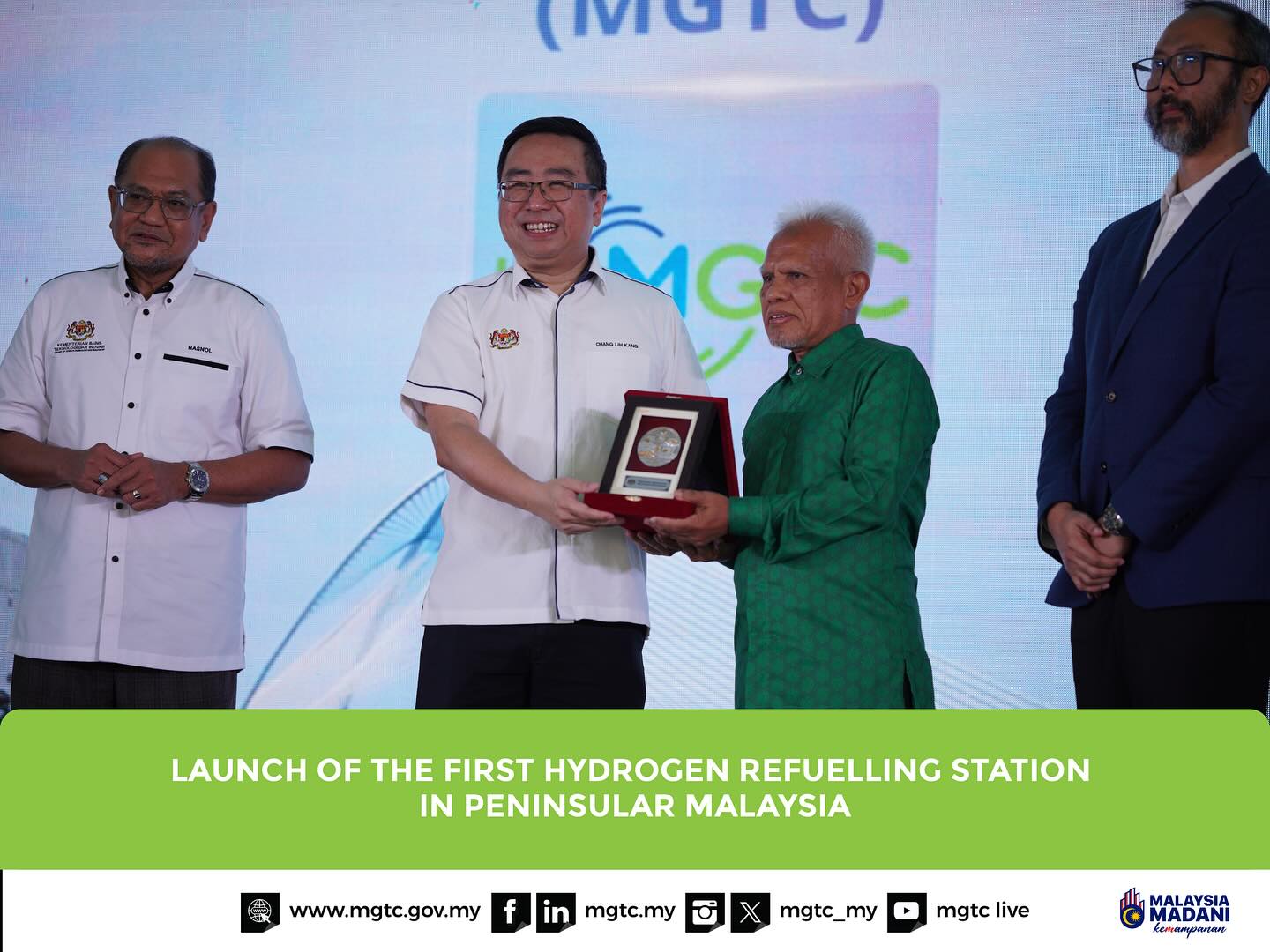
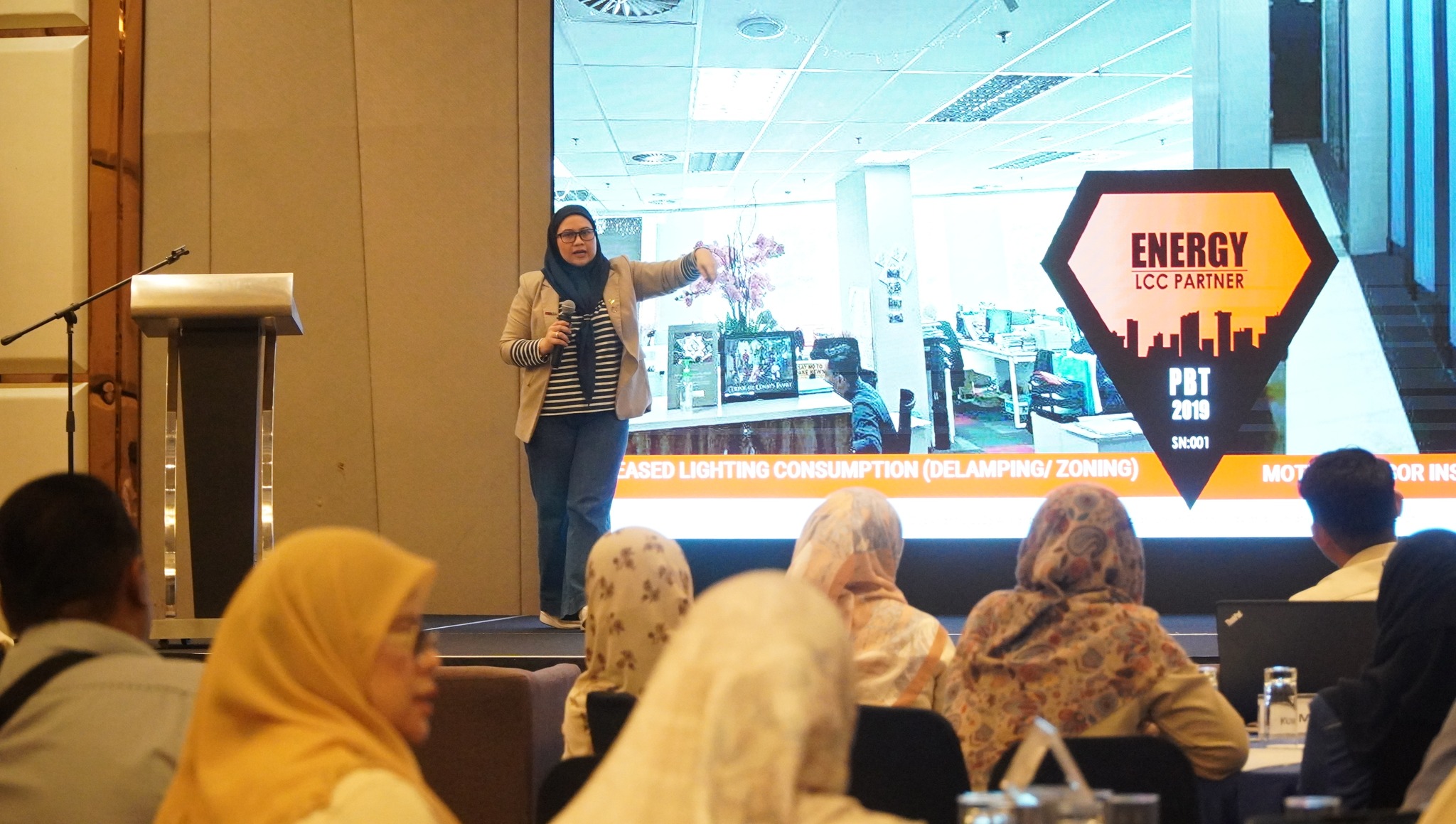




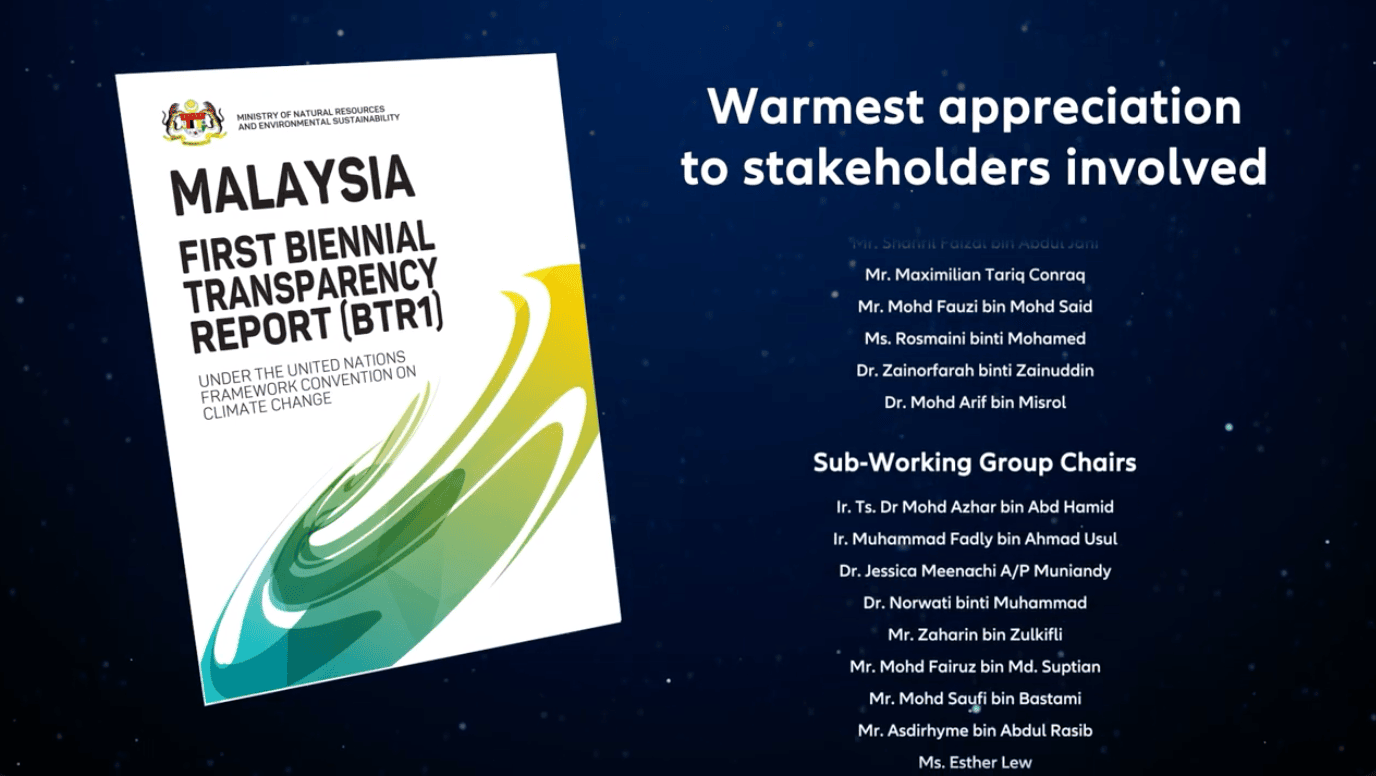

Akademi Hijau














ESG sering ditolak kerana sesuatu yang hanya mampu dimiliki oleh syarikat besar. Tetapi di Malaysia, di mana lebih 97% daripada semua perniagaan adalah PKS, logik itu tidak lagi berlaku, dan sebenarnya, mungkin menghalang mereka. Daripada perniagaan keluarga kepada syarikat permulaan tempatan, atau malah jenama serantau, kemampanan menjadi keperluan perniagaan, bukan kemewahan.
Institut Akauntan Bertauliah di England dan Wales (ICAEW) memainkan peranan yang besar dalam menterjemahkan peralihan ini kepada istilah perniagaan yang ketara. Dengan mengukur penjimatan dan mengunjurkan pulangan, organisasi membantu operasi kalis masa hadapan perniagaan — bukan melalui gembar-gembur, tetapi melalui nombor yang sukar. ICAEW menyokong peralihan ini dengan melengkapkan perniagaan dan profesional kewangan dengan alatan, latihan dan cerapan dipacu data yang diperlukan untuk mengukur risiko kemampanan, mengukur pulangan dan membenamkan ESG ke dalam strategi jangka panjang. Bagi perniagaan Malaysia, kemampanan bukanlah kos — ia adalah hasil.
Berikut ialah 10 cerapan bersandarkan data, setiap satu dipasangkan dengan rasional perniagaan yang jelas, menunjukkan cara ESG memacu hasil pada sebarang skala.
Bursa Malaysia kini memerlukan syarikat tersenarai yang besar untuk mengguna pakai pendedahan ESG, bermula dari tahun kewangan 2025. Walaupun kebanyakan syarikat tersenarai bukan PKS, mandat ini akan mengalir melalui rantaian perolehan, mendorong beribu-ribu PKS untuk selaras dengan piawaian ESG jika mereka ingin kekal sebagai vendor yang kompetitif. Syarikat yang bertindak awal akan berada pada kedudukan yang lebih baik untuk mengekalkan kontrak utama, mengakses modal hijau dan mengekalkan kepercayaan pelabur.
Semakin banyak PKS Malaysia menerima ESG bukan sahaja untuk pematuhan, tetapi sebagai pemacu pertumbuhan. Bagi mereka yang sudah mengambil tindakan, pulangan komersial mula ditunjukkan. Menurut kajian baru-baru ini, 60% PKS telah menerima pakai amalan ESG, meningkat daripada hanya 28% dua tahun lalu. Antara pengguna ini, 38% melaporkan pertumbuhan hasil melebihi 50%, didorong oleh akses pasaran yang lebih baik dan permintaan pelanggan.
Walaupun kesedaran semakin meningkat, banyak PKS Malaysia masih belum memasukkan ESG ke dalam operasi teras mereka. Satu kajian mendapati hanya 19% PKS telah menerima pakai proses pengeluaran mesra alam, dan hanya 12% terlibat dalam program tanggungjawab sosial berstruktur. Jurang ini menunjukkan peluang untuk penggerak awal untuk memimpin peralihan.
Satu bidang utama di mana ESG memberikan pulangan pantas ialah tenaga. Perniagaan Malaysia kini mendapat manfaat daripada insentif seperti elaun cukai pelaburan 100%, pinjaman mudah di bawah Skim Pembiayaan Teknologi Hijau dan program Pengukuran Tenaga Bersih (MEB). Syarikat tempatan telah mengurangkan kos elektrik hampir separuh, dengan beberapa penjimatan sehingga 75% selepas beralih kepada solar atas bumbung.
Pengguna semakin mengundi dengan dompet mereka. Perniagaan yang boleh menunjukkan tanggungjawab alam sekitar lebih berkemungkinan menarik dan mengekalkan pelanggan serta mendapat harga premium. Menurut Perbadanan Teknologi Hijau dan Perubahan Iklim Malaysia, 78% pengguna Malaysia mempertimbangkan kesan alam sekitar sesuatu produk sebelum membuat pembelian.
Dan kes perniagaan tidak berhenti di situ. Di luar tekanan peraturan, pertumbuhan hasil dan penjimatan tenaga, ESG juga membuka pintu kepada pembiayaan, pengekalan bakat dan daya tahan jangka panjang. Cerapan berikut menunjukkan cara strategi kemampanan memberikan pulangan yang boleh diukur merentas bahagian perniagaan yang berlainan.
Bank meningkatkan pinjaman mampan, menjadikan pelaburan ESG lebih mudah diakses untuk perniagaan Malaysia. Kumpulan CIMB telah menggerakkan RM86.2 bilion dalam kewangan mampan. Maybank melaporkan RM83.2 bilion dalam pembiayaan mampan setakat pertengahan 2024, melepasi sasaran RM80 bilion yang ditetapkan untuk 2025. RHB Bank mengagihkan RM23.8 bilion dan menaikkan sasarannya kepada RM50 bilion menjelang 2026.
Pekerja kini mengharapkan lebih daripada gaji—mereka mahukan tujuan dan makna daripada kerja mereka. Kajian IBM global mendapati bahawa lebih 70% pekerja mengatakan mereka lebih berkemungkinan untuk memohon atau menerima pekerjaan dengan syarikat yang mereka anggap bertanggungjawab terhadap alam sekitar atau sosial, dan kira-kira 35% daripada mereka yang bertukar kerja tahun lepas berbuat demikian untuk bekerja untuk syarikat tersebut.
Pembeli antarabangsa meningkatkan tahap piawaian iklim. Dengan Mekanisme Penyesuaian Sempadan Karbon (CBAM) EU berperingkat mulai 2026, pengeksport Malaysia perlu menjejaki dan melaporkan jejak karbon mereka untuk mengelakkan penalti. Pematuhan ESG menjadi penting untuk melindungi akses kepada pasaran antarabangsa. Menurut Suruhanjaya Sekuriti, 75 peratus daripada eksport Malaysia ke EU mungkin terjejas, walaupun EU menyumbang hanya lebih 8 peratus daripada jumlah eksport.
Risiko iklim, kekurangan buruh dan mengetatkan piawaian ESG mewujudkan kelemahan merentas rantaian bekalan global. Syarikat yang mengamalkan amalan pemerolehan yang mampan dan membina daya tahan dalam operasi rantaian bekalan mereka lebih berupaya untuk mengelakkan kehilangan hasil dan kelewatan penghantaran. Ekonomi Malaysia kehilangan anggaran RM8.7 bilion setiap tahun akibat gangguan rantaian bekalan. Perniagaan sejajar ESG boleh mengurangkan risiko ini sambil mengekalkan daya saing dan kepercayaan pelanggan.
Pelabur mengutamakan syarikat yang mempunyai kelayakan kemampanan yang boleh dipercayai, melihat mereka sebagai lebih berdaya tahan, patuh dan kedudukan yang lebih baik untuk pertumbuhan jangka panjang. Prestasi ESG semakin dilihat sebagai proksi untuk pengurusan risiko dan kesediaan masa hadapan. Bagi PKS yang mencari pembiayaan, anjakan ini amat relevan, penjajaran ESG bukan sekadar keperluan moral, ia merupakan kelebihan daya saing dalam menarik modal. Di Malaysia, aset dana Pelaburan Mampan dan Bertanggungjawab (SRI) meningkat daripada RM7.05 bilion pada 2022 kepada RM7.7 bilion pada 2023, mencerminkan minat pelabur yang semakin meningkat untuk perniagaan yang memandang serius ESG. Walaupun ini bukan pertumbuhan eksponen, ia menandakan aliran menaik yang konsisten dalam aliran modal ke dalam pelaburan berfokuskan kemampanan — isyarat yang tidak boleh diabaikan oleh PKS.
Sumber: Perniagaan Hari Ini